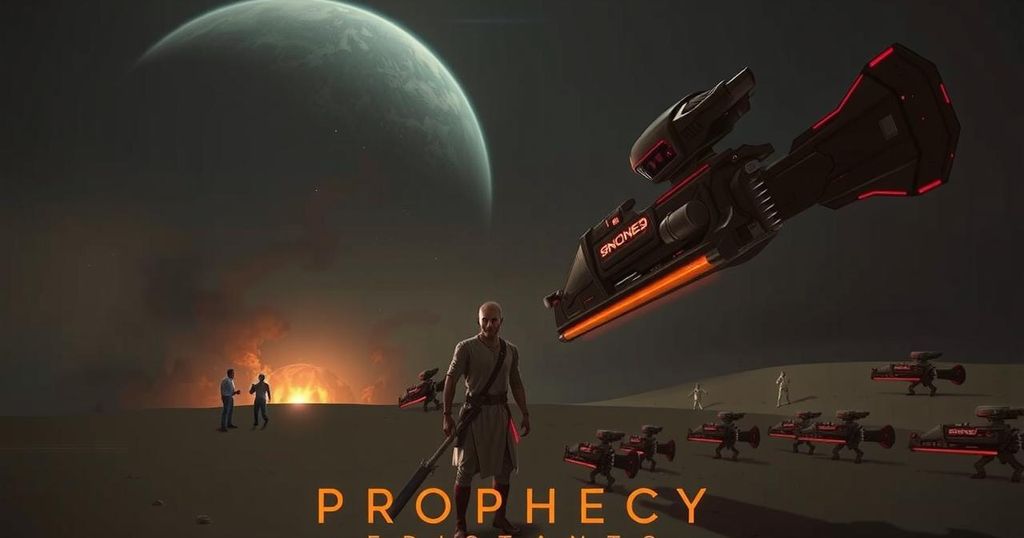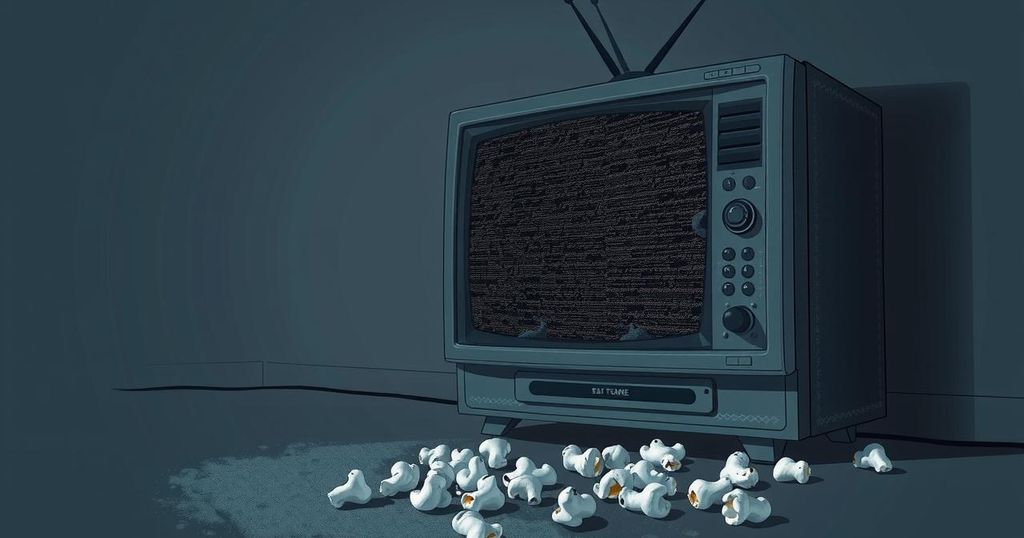‘Dune: Prophecy’ – Ambitious Yet Flawed Exploration of Dune Lore
‘Dune: Prophecy’ is HBO’s attempt to explore the Dune universe through the lens of the Bene Gesserit and Harkonnen sisters, yet its convoluted timeline and heavy exposition cause it to falter. The series struggles to engage both new and old fans alike, often leaning too heavily on lore and failing to deliver an engrossing narrative or relatable characters. While some performances shine, the overall execution leaves much to be desired, questioning the series’ true audience.
In the realm of science fiction, ‘Dune: Prophecy’ emerges as HBO’s ambitious venture to capture the essence of Frank Herbert’s universe, yet it misses the mark on delivering the grandiosity one might expect. Set in the vast and intricate Dune lore, the show focuses on the Bene Gesserit and the Harkonnen sisters, Tula and Valya, envisioning a world steeped in conflict and mysticism. However, with its heavy exposition and adherence to an overly complex timeline, the series feels more akin to ‘The Rings of Power’ than the anticipated epic portrayal of ‘Game of Thrones.’ The premiere, while visually appealing, offers a narrative burdened by unnecessary details, creating a barrier for casual viewers while failing to engage die-hard fans. The backdrop of this story is rich in history but convoluted; set approximately 116 years after a great machine war and a staggering 10,148 years before the birth of Paul Atreides, the series aims to connect dots that seem far removed from the original saga. Young Valya’s journey into the Sisterhood unfolds against the backdrop of her family’s conflict with the Atreides, yet the connections drawn often feel forced. As flashbacks reveal her path to power and manipulation, the series indulges in lore without adequately developing a narrative that resonates. Amid this narrative landscape, characters dance through intrigue and betrayal, reminiscent of the political plots found in other HBO series. However, with its segmented storytelling and uneven character development, the series struggles to draw viewers deeply into its world. There is promise in Emily Watson and Jessica Bardem’s performances, yet the storytelling often sidelines engaging moments for excessive exposition. Undoubtedly, ‘Dune: Prophecy’ seeks to carve its identity but often ends up following a path worn thin by familiar tropes and dragging timelines that may leave viewers wondering who the series truly caters to.
Set against the backdrop of Frank Herbert’s revered literary universe, ‘Dune: Prophecy’ is HBO’s latest offering that delves into the complex narratives surrounding the Bene Gesserit and the infamous Harkonnens. With billions of fans captivated by the cinematic success of Villeneuve’s films, there’s an opportunity to explore the rich lore that has kept audiences enthralled for decades. The expectation was high that this series could propel the Dune saga into the realm of high-quality television drama, akin to the epic grandeur of ‘Game of Thrones.’ However, the series grapples with its pacing and connection to existing material, leading to a presentation that struggles to unify its storytelling with the expectations of a wide audience.
In essence, ‘Dune: Prophecy’ presents itself as an intriguing, yet flawed, addition to the Dune legacy. While it attempts to explore essential lore through the characters of Tula and Valya, the convoluted timeline and rich exposition overshadow storytelling potential, making it challenging for viewers. The juxtaposition with beloved narratives from past HBO successes illustrates an ambition that, sadly, does not fully materialize. Whatever identity the series wishes to carve out risks fading in the vast desert of narrative complexity, leaving audiences yearning for a clearer and more cohesive connection to their beloved Dune universe.
Original Source: www.esquire.com




Post Comment